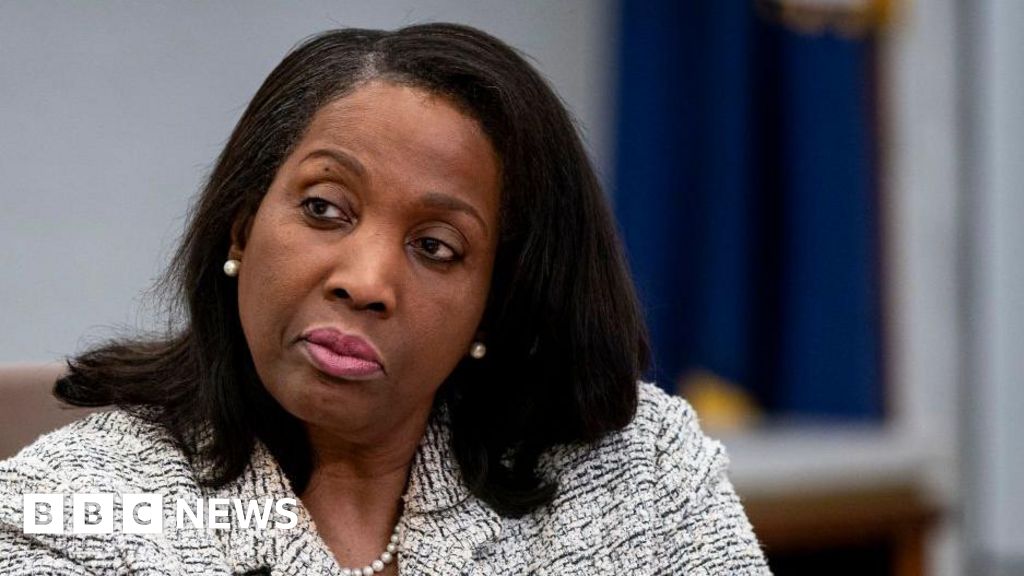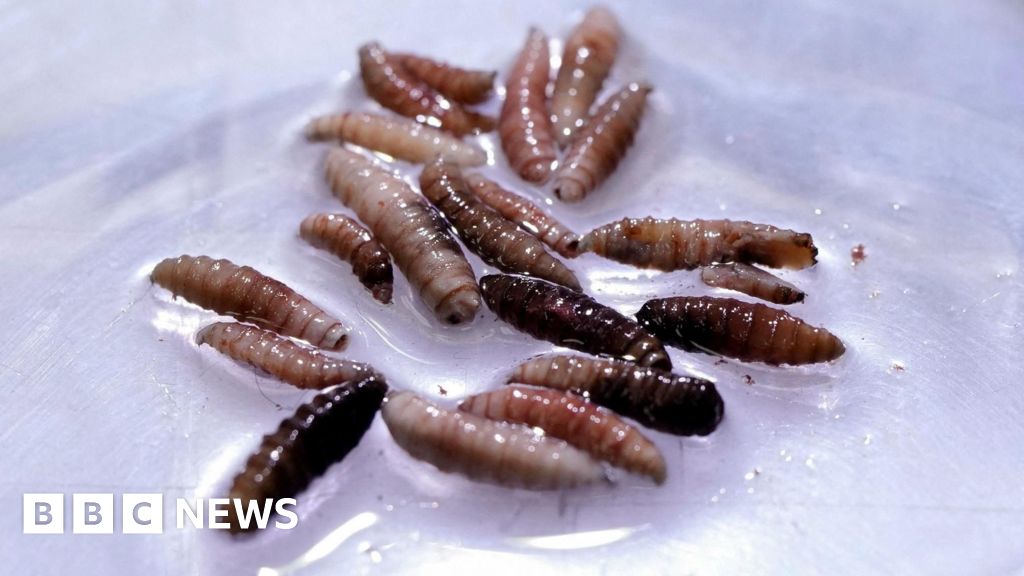In a fiery Senate testimony this week, US Health Secretary Robert F. Kennedy Jr. targeted the Centers for Disease Control and Prevention (CDC) amidst rising controversy following his abrupt dismissal of the agency's new director, Susan Monarez. This unprecedented shake-up has sent shockwaves through the public health community, prompting several senior staff members to resign in protest.
During the hearing, Kennedy claimed that when he asked Monarez if she was trustworthy, she said 'no.' This revelation sparked disbelief and criticism from his adversaries. Kennedy has previously labeled the CDC as the 'most corrupt' agency in the government, indicating that he is far from finished with his overhaul plans.
The fallout from Kennedy's actions and statements has incited significant backlash from medical professionals who are concerned about the implications for America’s health systems. As the CDC plays a pivotal role in global health responses—from handling infectious diseases to addressing chronic conditions—the potential fallout could reverberate internationally.
Established in 1946, the CDC employs over 13,000 people and is crucial for tracking emerging diseases. Yet, following President Donald Trump’s administration, the agency has seen substantial cuts, heightening concerns about its efficacy. While the CDC does not license vaccines, it guides public health recommendations that could have tremendous implications, especially given its historical role in handling global health crises.
Kennedy's controversial stance on vaccines raises alarms among health experts, particularly as he has described the COVID-19 vaccine as the 'most deadly in history.' His tenure has already led to significant changes, including dismissing an entire advisory panel that recommends vaccine eligibility, while surrounding himself with critics of established public health policy.
The tension peaked with the termination of Monarez, who later stated she was instructed to pre-approve recommendations from a panel comprised of individuals with anti-vaccine sentiments. This has prompted fears among professionals that critical scientific review processes are being circumvented.
Following this upheaval, a wave of resignations at the CDC has further destabilized its leadership, which now includes the departure of several top officials. Experts like Dr. Fiona Havers have voiced their concerns that such a drastic overhaul may undermine the integrity of public health data and mission.
The global implications of these changes cannot be overlooked. Former WHO director Anthony Costello emphasized that political interference in scientific processes could lead to dire consequences, cautioning that America's internal policies might influence worldwide health practices.
Looking ahead, the CDC’s new vaccine advisory panel is set to convene later this month, drafting recommendations for various vaccines, including those for COVID-19 and RSV. How these decisions are made and received will be closely monitored worldwide, as implications extend far beyond US borders.



















